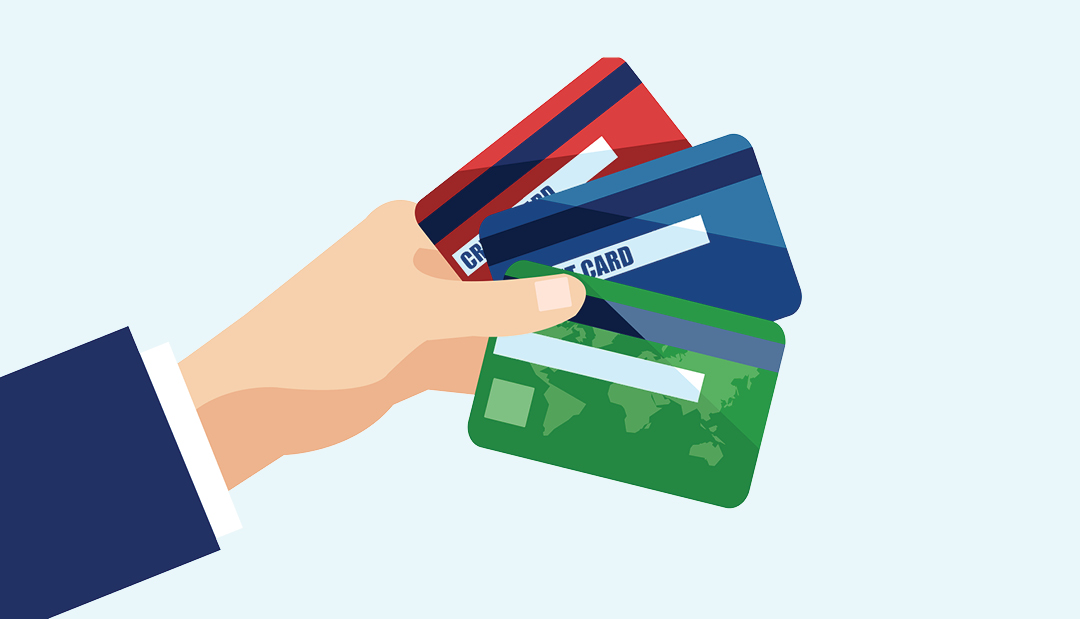Credit cards can be a useful tool in managing personal finance, but you have to be careful to keep control of them and make sure they don’t take control of you. One way to do this is to be intentional about applying for new credit cards. Make sure you have a plan to keep the bills under control before you incur them.
Here are a few things to keep in mind when you’re thinking about applying for a new credit card.
Do you really need the benefits?
Credit card offers often like to market their card benefits as something that will save you money. However, if the card focuses on travel benefits and you only travel once or twice a year, it may not ultimately save you money after you factor in the fees and interest paid. So be sure that the card you’re choosing has benefits that will be relevant and useful to your current lifestyle.
How will it affect your credit score?
There are a couple of ways that a new credit card can affect your credit score. It could affect your credit score positively by increasing your total credit limit, thereby reducing the percentage of total credit that you’re using.
But applying also typically requires a hard credit check, which shows up on your report for a couple of years. This check may cause your score to fall by a couple of points, depending on the model used. It’s typically not a big deal unless you get several credit checks in a row, such as when you apply for multiple credit cards at a time. So if you’ve recently applied for one or more credit cards, consider waiting a while before applying for another.
What are the terms and conditions?
Some credit cards are much more user-friendly than others. Reading and understanding the terms and conditions before you send in the application can really pay off. One important part of the terms is the APR, or annual percentage rate. This basically means how much interest you have to pay when you’re carrying a balance on your card. If the rate is variable, the company will be able to charge you more interest if market rates go up.
Another important item to look for is whether the card has any annual fees, balance transfer fees, or late payment fees. Checking these terms will help you to compare multiple credit card options until you find one that works best for your needs.
Can you keep up with all your credit?
A new credit card can be a useful tool, but the more of them you have, the more complicated your finances may become. In addition to being inconvenient, paying off each card each month can become a financial burden if you don’t keep your spending strictly under control. So take a look at the number of cards already in your wallet and the amount of discretionary income you have to ensure you won’t be straining your resources by getting another card.
These considerations can help you to make an informed decision about whether you need that new credit card, and help you compare different card offerings to decide which one is best for you.












